Squirrels can be some of the most troublesome rodents found in human-populated areas, and despite their small stature, they’re capable of causing serious damage. Almost any homeowner has some kind of story about a squirrel pillaging a birdfeeder or creating mischief of some sort on his or her property. Critter Control in Dallas has years of experience dealing with squirrel damage. Beware the damage squirrels can cause, and address any squirrel-related issues quickly.
Squirrel Damage to Your Home
These furry creatures sometimes invade homes in search of warmth or to build nests. Their size, agility, and climbing skills also afford them access to hard-to-reach home parts, making trapping and nest removal remarkably difficult for homeowners and property managers. The most common areas of the home squirrels damage are attics, roofs, and inside walls.
How Do Squirrels Damage Attics?
Squirrels are always looking for sheltered areas to build nests for their litter. They gain access to attics by chewing holes above gutters or at construction gaps where dormers meet the roofline. Squirrels will also chew corners of trim or any weak area that gives them access to a shelter.
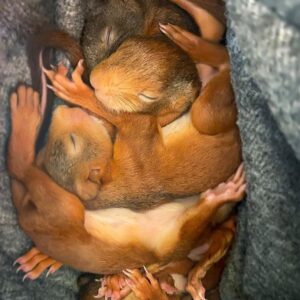
- Nest Building. When squirrels take up residence in an attic, their first order of business is to build a nest—and they have no reservations about using your boxes and papers to do so. They commonly use bits of cardboard and paper as nesting material, which can create a rather distressing mess, especially if the items destroyed were of any importance.
- Electrical Wire. Squirrels are old pros when it comes to meddling with human electronics (astoundingly, it has been shown that squirrels cause more damage to critical infrastructure than cyber attacks). One of the most dangerous habits of squirrels is their tendency to gnaw on electrical wiring since a frayed or broken wire in an attic full of wood and insulation increases the risk of a fire considerably.
- Insulation Damage. Squirrels damage insulation by both using it to build nests, and by using it as a lavatory. As one might expect, this soiled insulation does not smell good and will need to be replaced.
How Can Squirrels Damage the Roof?
Squirrels navigate their way through treetops seamlessly, so the pests have no problem climbing onto roofs or into soffits. Chock full of vents and joints, the roof is perhaps the most vulnerable area of the house to animals who want in. They can damage roofs by doing the following:
- Gnawing. Most damage done by squirrels is a result of gnawing. Squirrels tend to focus on the roofline of homes—fascia boards, eaves, and soffits. Soffit vents are particularly vulnerable because they are often flimsy and lead directly to the attic. Squirrels’ razor-sharp teeth can even pierce shingles, which all too easily leads to water intrusion.
- Nesting in Gutters. Squirrels are known to construct nests in gutters. This can impede drainage, causing water to back up and spill over onto siding, which can result in water damage over time.
- Damaging Vents. Modern homes are full of appliances, many of which require vents to function properly. In their efforts to get into your home, squirrels can wreck appliance vents, further compromising your home’s barrier against wildlife.
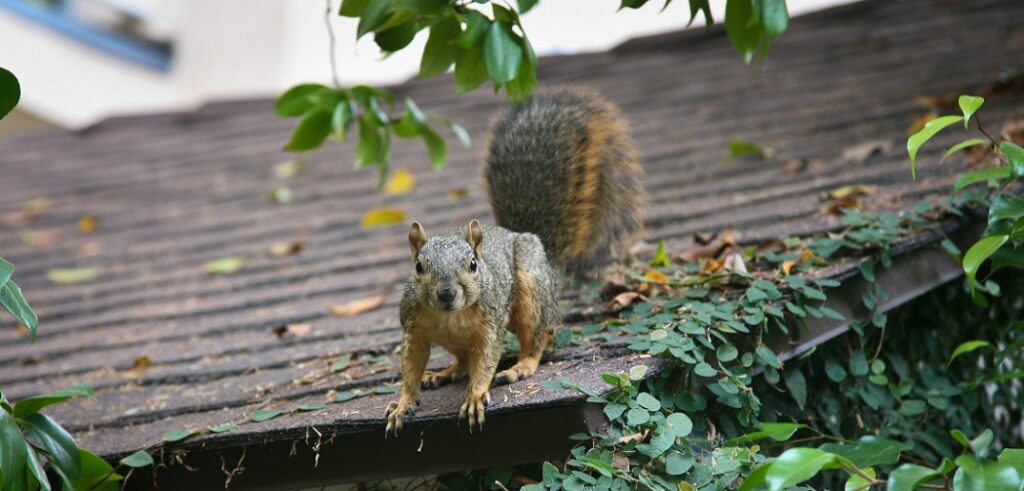
How Do Squirrels Damage Your Walls?
In addition to nesting in attics, squirrels will often set up shop inside the voids of walls. Wall voids are dark, warm, and (hopefully) uninhabited by humans—the perfect place for a mother squirrel to raise her young.
Unfortunately, squirrels do the same damage in walls that they do in attics—gnawing on both wood and wires, building nests, etc.
Squirrels don’t always seek out a wall cavity. There are some materials like drywall squirrels cannot climb up. Baby squirrels can also get stuck inside a wall. If you hear frantic noises, call an expert immediately. You’ll need to remove the squirrels before they die.
Squirrel Damage to Dallas Yards and Gardens
The same trends that make Dallas yards and gardens more environmentally feasible (smart use of water, natural plants) also attract squirrels!
Squirrels can absolutely upend a carefully tended vegetable patch or manicured garden. Unlike rabbits, they generally can’t be deterred from a property by fences since they’re such skillful climbers. Squirrels have been known to crawl along pipes and wires completely upside-down as if they were furry little secret agents!
Keeping them out of a yard, the garden, or off trees can be extremely difficult. It is better to protect your home by preventing squirrels from getting onto your house.
Agricultural Damage from Squirrels
Squirrels can cause huge problems for farms and orchards, too. In their search for food, they often destroy the growing tips of young trees and shrubs by stripping bark from trees and branches. They’ll steal nuts and fruit from trees prematurely or before they can be harvested, and they’ll destroy apples, grapes, corn, cherry blossoms, and melons. Ground-dwelling squirrels can also annihilate fields when they build burrows and search for food.
How to Prevent Squirrel Damage on Your Property
- Manage squirrel populations in your yard by limiting access to food.
- Cover garden beds with chicken wire, and then more soil, to prevent digging.
- Make sure bird feeders are located where squirrels can’t jump onto them, install squirrel baffles, or remove them entirely.
- Trim any trees that provide access to your roof.
- To prevent squirrels from climbing trees, wrap two-foot wide metal collars around the trunks, about four to six feet from the ground.
- Consider removing birdbaths. Squirrels are just as attracted to them as birds.
- Inspect your property for any potential entry points. If any entry points are found, have them repaired.
- If you have a chimney, ensure it has a sturdy, tight-fitting cap.
- Seal any gaps with wire mesh or hardware cloth.
Critter Control in Dallas has years of experience with every type of invasive or troublesome wildlife, and squirrels are no exception. It’s important to recognize the signs of squirrel damage and address them quickly before they lead to bigger issues. If you think you may have a problem with squirrels or want to set up service, Contact Us or give us a call today.
 are more common that you might think, and when it happens, it is not something to be taken lightly.
are more common that you might think, and when it happens, it is not something to be taken lightly.



 overhead early in the morning or as you’re sitting down to eat dinner. Once you head to the attic to investigate, you may be welcomed by a distinctive animal smell. You look over and catch sight of a bushy tail and confirm you have a squirrel living in your attic.
overhead early in the morning or as you’re sitting down to eat dinner. Once you head to the attic to investigate, you may be welcomed by a distinctive animal smell. You look over and catch sight of a bushy tail and confirm you have a squirrel living in your attic.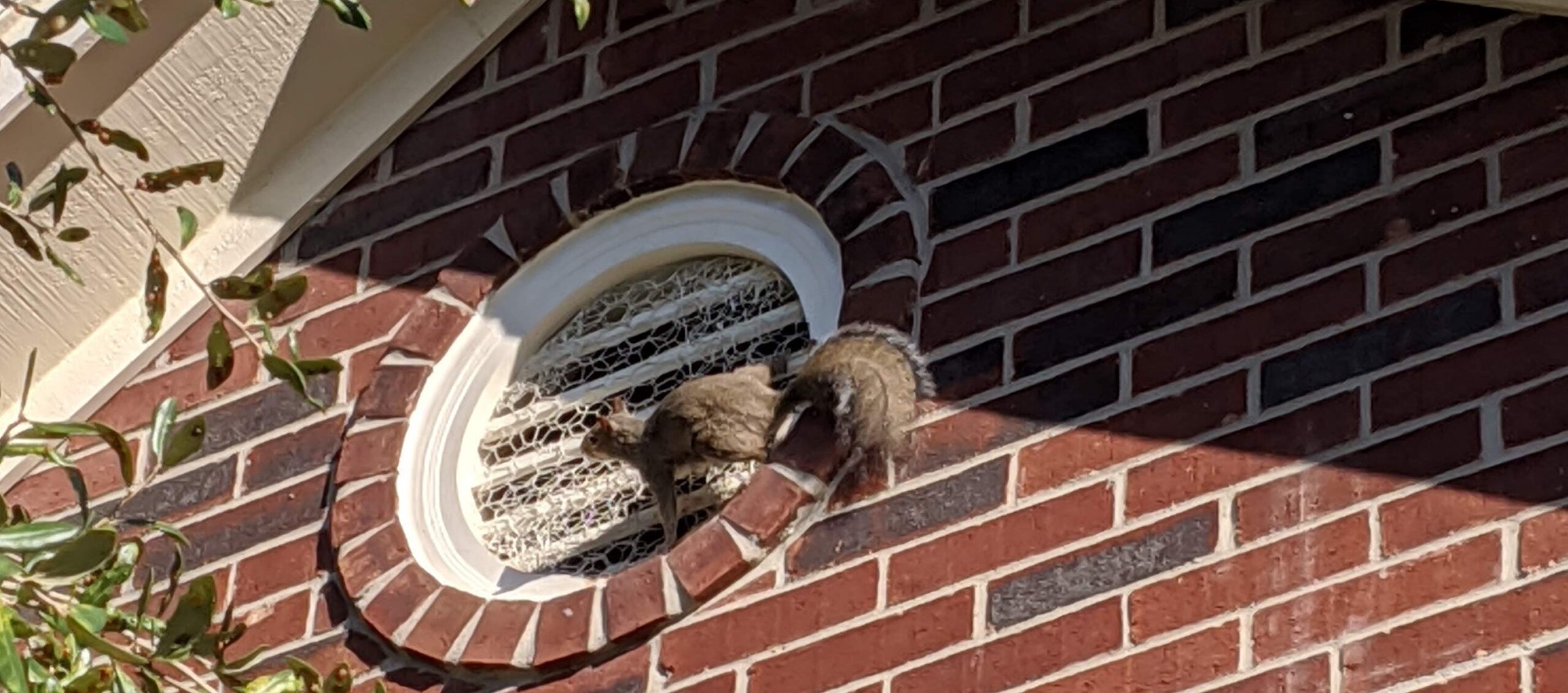
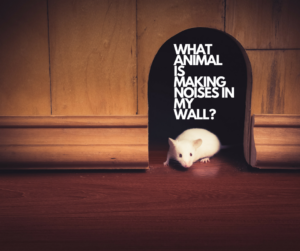 be normal. However, if the noises you are hearing aren’t mechanical, they could be from
be normal. However, if the noises you are hearing aren’t mechanical, they could be from 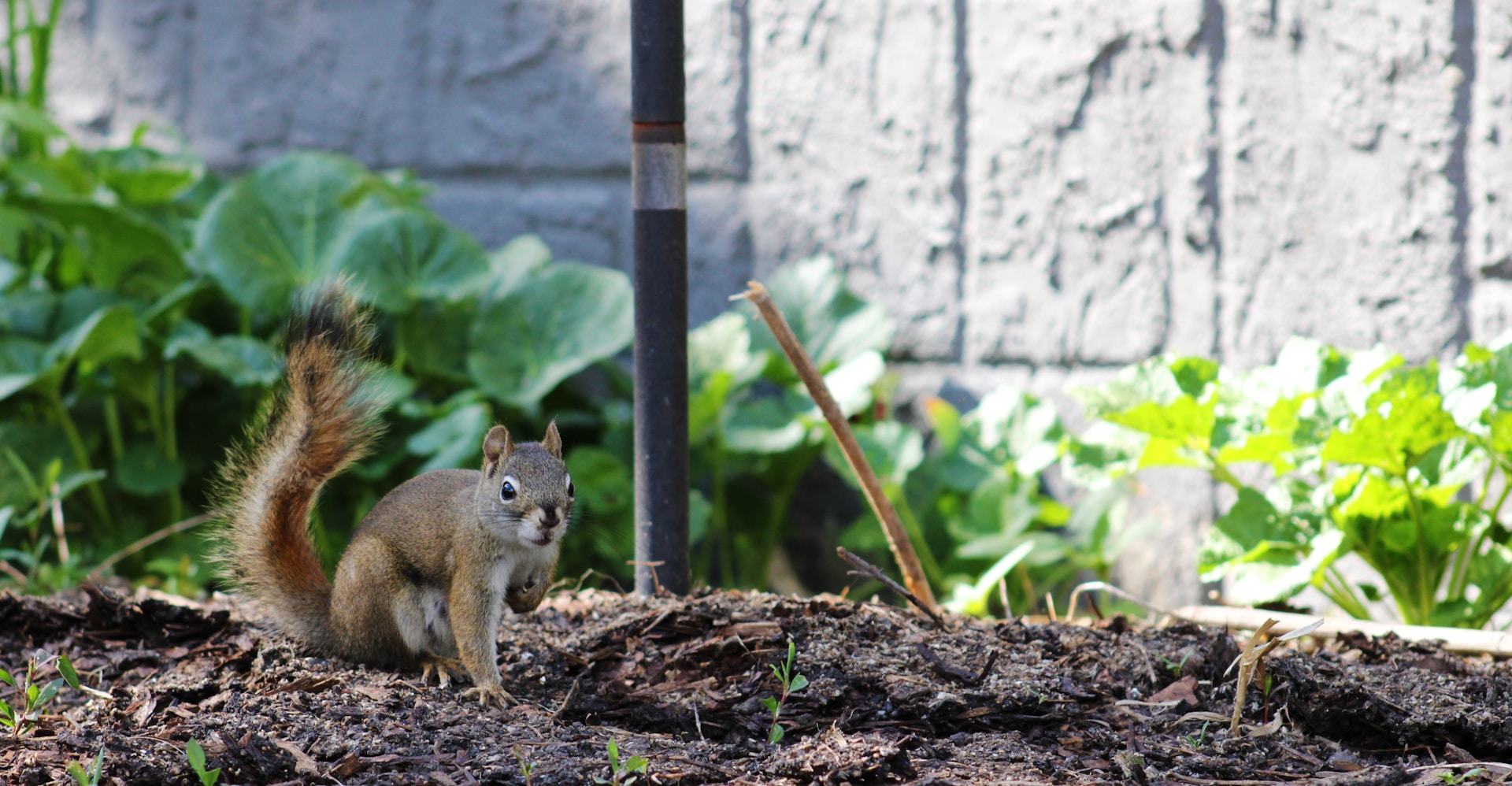
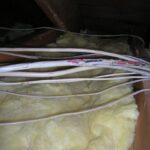
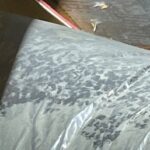
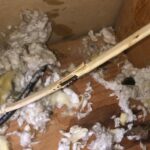


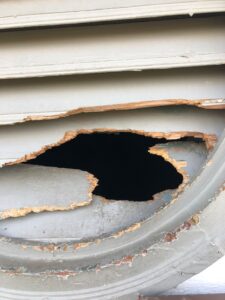
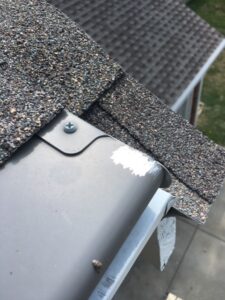

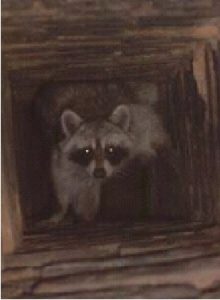 densely-populated areas can be particularly troublesome.
densely-populated areas can be particularly troublesome.  omnivores and will eat just about anything. Garbage is a common staple for raccoons and can cause headaches for business owners, property managers, and homeowners. Critter Control in Dallas has extensive experience in dealing with common raccoon problems.
omnivores and will eat just about anything. Garbage is a common staple for raccoons and can cause headaches for business owners, property managers, and homeowners. Critter Control in Dallas has extensive experience in dealing with common raccoon problems.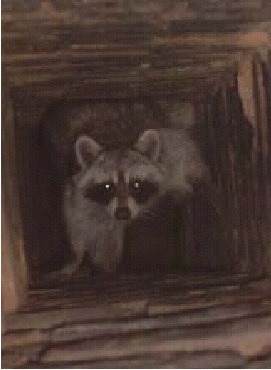
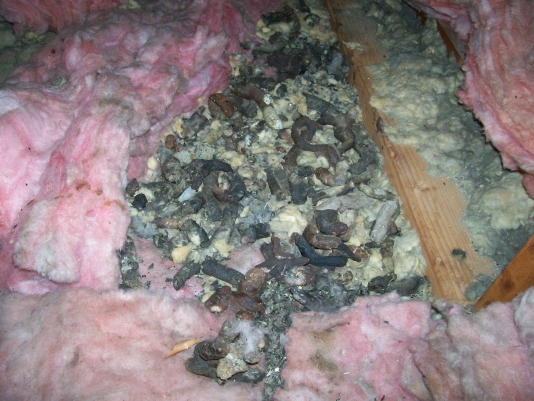
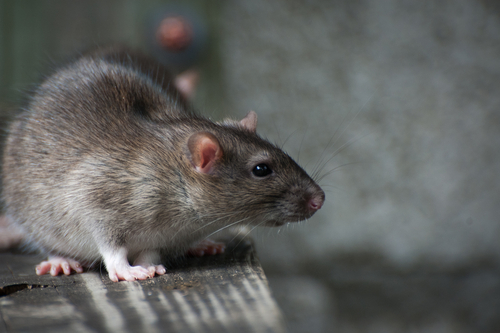 which are sometimes referred to as Norwegian rats, are generally found digging under homes or in garbage cans. Black rats are most often found building nests in the attics or walls of homes, which has earned them the nickname of roof rats.
which are sometimes referred to as Norwegian rats, are generally found digging under homes or in garbage cans. Black rats are most often found building nests in the attics or walls of homes, which has earned them the nickname of roof rats.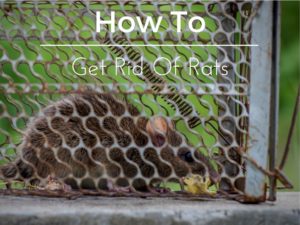 area, especially as the increasing temperatures drive the rodents to find shelter in homes and offices. A rat infestation can bring damage and destruction to your home and serious health issues to your family. The following simple techniques will help you get the rats out, and keep them out for good.
area, especially as the increasing temperatures drive the rodents to find shelter in homes and offices. A rat infestation can bring damage and destruction to your home and serious health issues to your family. The following simple techniques will help you get the rats out, and keep them out for good.